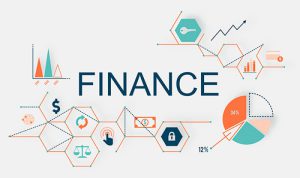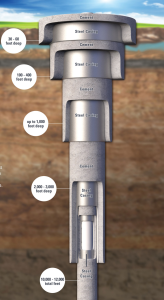The training department’s effectiveness is measured through assessments, evaluations, and feedback from trainees and supervisors. Continuous improvement based on inputs helps the department adapt to changing industry needs and maximize the development of a skilled and competent workforce in the oil and gas sector.
In the Oil and Gas Industry, the Training Department assumes a vital role by fostering the growth and improvement of employees’ skills and expertise to guarantee secure and effective operations. Given the intricate processes, advanced technology, and potentially hazardous surroundings within the industry, ongoing education and training are indispensable for personnel to execute their responsibilities efficiently.

The training department prioritizes employee education on safety protocols, industry regulations, standard operating procedures, and emergency response plans to prevent accidents and ensure compliance
Training programs aim to elevate technical skills encompassing drilling techniques, equipment operation, reservoir management, production optimization, and health, safety, and environmental practices.
Focusing on personnel in supervisory and managerial roles, the department nurtures leadership and management capabilities, enabling effective decision-making, team leadership, and resource utilization.
Given the dynamic nature of the oil and gas industry, the training department keeps employees informed about emerging technologies, tools, and methods to maintain operational efficiency.
Offering oil and gas management courses to career-focused professionals, these cover topics such as petroleum economics, project management, risk assessment, strategic planning, and environmental regulations.
Facilitating the attainment of industry-recognized certifications, the department assists in acquiring qualifications like well control certifications for drilling personnel and safety certifications for offshore workers.
In addition to technical expertise, the department emphasizes soft skills like communication, teamwork, problem-solving, and adaptability to create well-rounded professionals ready to tackle diverse challenges.






These courses expand the training department’s offerings, catering to a broader audience within the oil and gas industry. This diversification fosters a skilled and knowledgeable workforce across various functional areas.
